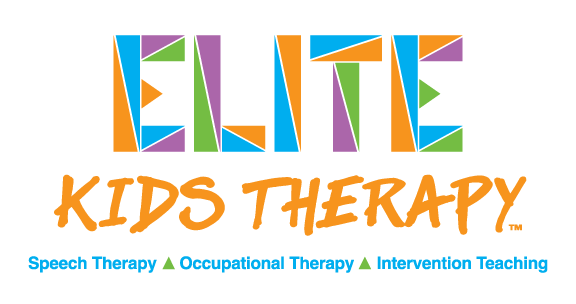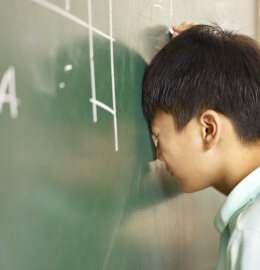A classic example of a person with a social learning challenge is Jason. He is in 4th grade, has excellent language skills, and amazing abilities to learn information about his topics interest (i.e., history, math). He enjoys learning factual information and excels in fact-based academic tasks. However, he struggles to focus his attention in a mainstream classroom, participate as part of a group, explain his ideas to others in writing, filter unwanted opinions, and make friends. Learning facts is easy for Jason, but editing papers, organizing materials, and adapting to another’s opinion is not. He prefers talking to adults rather than peers because adults tend to want to discuss his areas of interest. If no adults are available, then he goes to the library. While his teacher is impressed by his knowledge in certain areas, she is mystified by his difficulties at school given his superior performance on standardized academic testing. His mother describes him as “bright but clueless.”
Social Thinking® and Social Learning Challenges
Social thinking refers to our innate ability to think through and apply information to succeed in situations that require social knowledge. It is a key component in learning concepts and integrating information across a variety of settings and it’s what we do to SHARE SPACE EFFECTIVELY with others, whether we are talking to them or not. If an individual has limited abilities for learning and/or applying socially relevant information, he or she is considered to have a social learning challenge.
One of the biggest challenges in determining if a child has social learning challenges is that standardized tests don’t do a good job of digging into this area. Why? Standardized tests are highly structured and require that competing variables, for the most part, be stripped away in order to cleanly measure the very specific skills for which the test was designed to evaluate. However, social cognition/social thinking requires the complex integration of multiple skills in a dynamic interplay that is impossible to measure in a static fashion.
And, to complicate matters, individuals with social learning challenges routinely exhibit a corresponding social executive function problem. They go hand-in-hand because the ability to socially process and respond to information requires more than factual knowledge of the rules of social interaction; it also requires the ability to consider the perspective of others. Perspective taking can be defined as considering the emotions, thoughts, beliefs, prior knowledge, motives and intentions of the person with whom one is communicating as well as one’s self. This is huge amount of information to juggle in the moment of a social experience. Social executive functioning also plays an instrumental role in determining the actual meaning behind the message from another, as well as making a split second plan for how to respond to that message. It’s all a very complicated process!
Finally, it’s not just in the moment of social interactions that social learning issues arise. They are also present during academic tasks that require flexible and abstract thinking, including written expression, reading comprehension of literature, organization/planning assignments, and some math skills. Our responsibility as professionals and parents is to consider the fact that social learning challenges don’t usually occur in a vacuum. We all need to take a closer look at the subtle (or not) influences of social executive functioning, perspective taking, critical thinking, and social problem solving.
*Cincinnati Therapy Connections provides in home speech therapy and occupational therapy in your Cincinnati area home, daycare or academic setting! We provide quality children’s therapy by experienced therapists who have 10+ years of experience and multiple licenses to give you the highest quality speech and occupational therapists! Cincinnati Therapy Connections is Jon Peterson and Autism scholarship provider as well. Contact us for more information:
[email protected]

